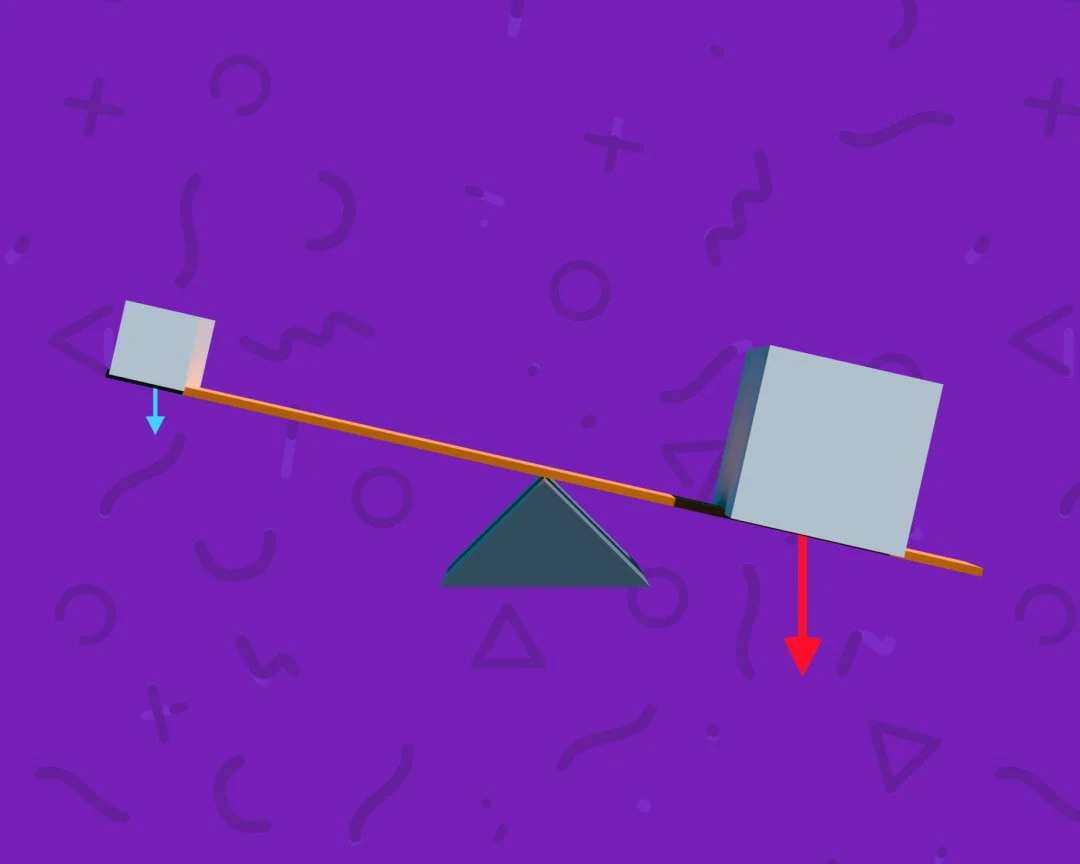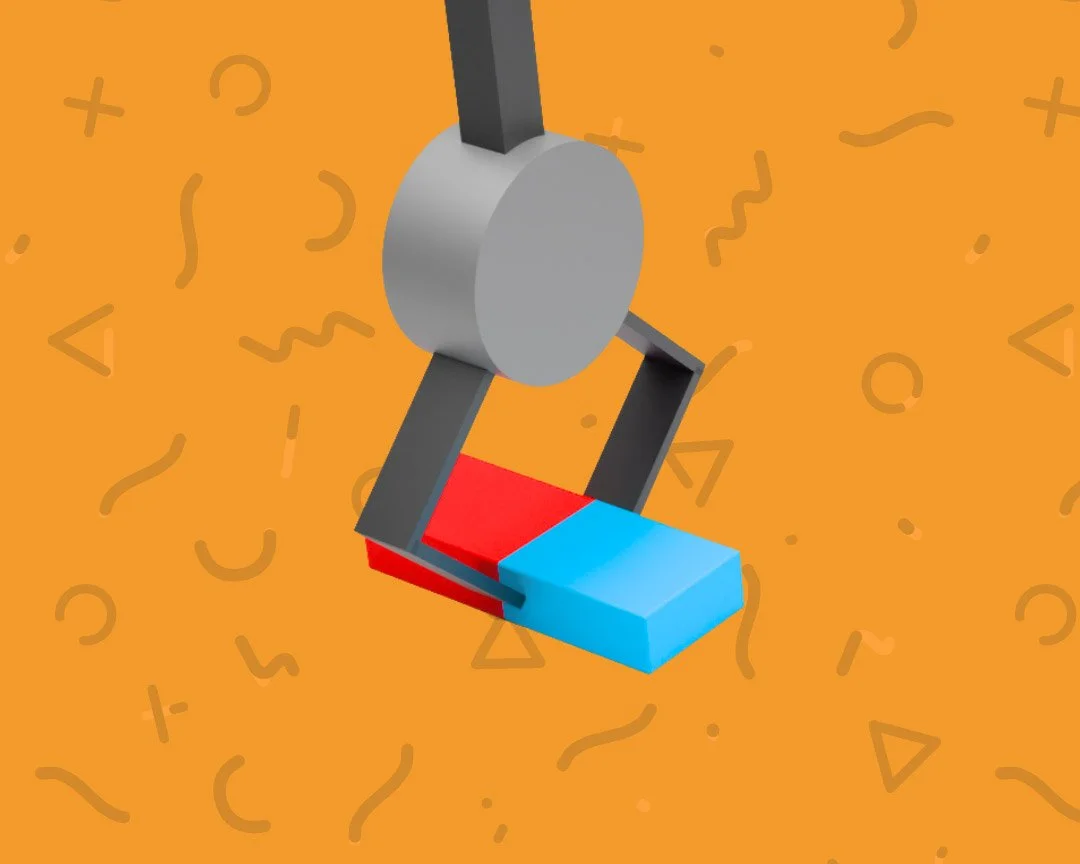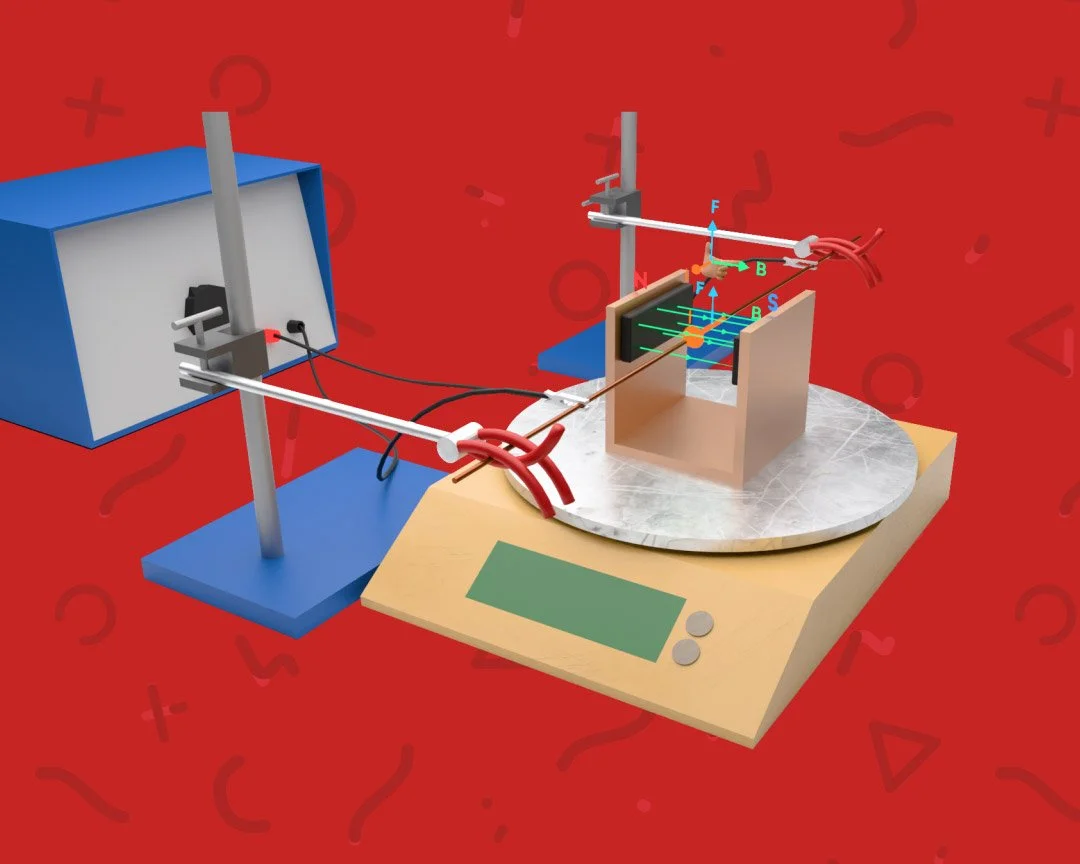Tips and Tricks to Make the Best Flashcards for GCSE Revision
Flashcards can be a great tool for revising for GCSE exams. Here are some tips and tricks for using flashcards effectively:
Keep them organised:
Create separate flashcards for each topic or concept, and keep them organised in a box or binder. This makes it easy to find the cards you need when you're revising.
Use mnemonics:
When creating flashcards, try to include memory aids such as acronyms or rhymes to help you remember the information.
Include visuals:
Adding diagrams, pictures, or other visual aids to your flashcards can help you remember the information more effectively.
Use both sides:
Use one side of the flashcard for a question or prompt, and the other side for the answer. This helps you practice both recalling information from memory and testing your understanding of the material.
Test yourself regularly:
Set aside time each day to review your flashcards and test yourself on the information. This can help you identify areas where you need to focus your revision efforts.
Mix it up:
Shuffle your flashcards regularly to keep the information fresh in your mind and prevent boredom.
By using these tips and tricks, you can make the most of your flashcards and improve your chances of success on your GCSE exams.
Using flashcards when revising for GCSE Physics is highly recommended for several reasons.
Benefits of using flashcards:
Allow for active and focused learning. By creating flashcards with key concepts, formulas, and definitions, you engage in the process of actively recalling information rather than passively reviewing it. This enhances your memory retention and understanding of the subject matter.
Promote spaced repetition. Spacing out your revision sessions over time and revisiting flashcards at regular intervals helps reinforce the learned material. This technique strengthens long-term memory and prevents forgetting, improving your overall retention of physics concepts.
Encourage efficient and targeted studying. Since flashcards typically contain concise information, they enable you to break down complex topics into bite-sized pieces. This allows you to identify specific areas of weakness and focus on them, saving time and maximising the effectiveness of your revision.
Facilitate quick and convenient revision. They are portable, easily accessible, and can be used anytime, anywhere. Whether you have a few minutes between classes or while commuting, you can quickly review flashcards, making it a flexible and efficient study tool.
Support active recall, a powerful learning technique. When you look at a flashcard prompt and try to recall the information associated with it, you actively engage your brain in retrieving knowledge from your memory. This process strengthens neural connections, enhances understanding, and improves long-term retention.
Summary
Using flashcards for GCSE Physics revision is recommended because they promote active learning, spaced repetition, targeted studying, efficient revision, and active recall, all of which contribute to improved understanding and retention of the subject matter.
If you are looking for the best way to learn and revise for your Physics GCSE, GoPhysics is an online lesson resource that provides you with pre-made flash cards for online use or to print yourself, engaging video lessons, animations and structured learning sheets to enhance your academic performance, check GoPhysics.co.uk to get you best prepared for your exams.
-




